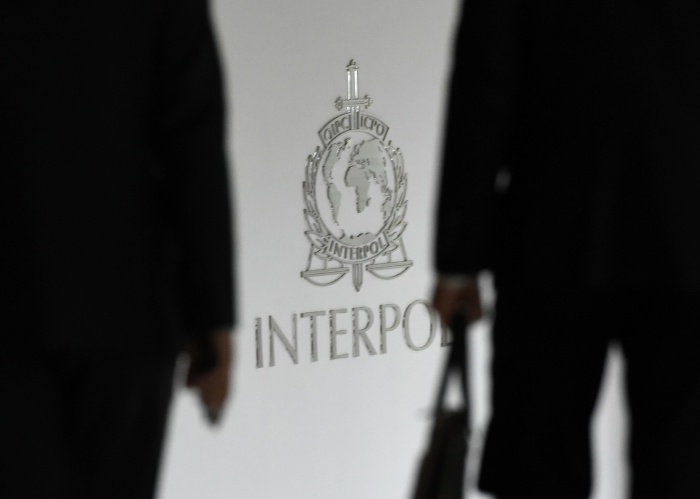Turkey on Friday granted a series of privileges to International Criminal Police Organization (INTERPOL) staff attending the 89th annual meeting of its General Assembly (GA) on November 23–25, 2021 in İstanbul, including diplomatic immunity for the attendees and their families and tax exemption for gifts and materials associated with the meeting during their stay, the Bold Medya news website reported.
On Friday, Turkish President Recep Tayyip Erdoğan’s approval of an agreement between the Turkish government and INTERPOL was published in the country’s Official Gazette.
According to the agreement, INTERPOL staff and their family members will enjoy the same immunity granted to foreign diplomats during their stay. The attendees will also be exempt from taxes for gifts and materials associated with the meeting.
According to critics, Erdoğan is trying to bribe INTERPOL officials to pursue his political opponents abroad.
According to a report by The Heritage Foundation published on Monday, President Erdoğan is preparing to exploit the GA meeting through presentations and fabricated documents based on statements extorted from supposed participants in a 2016 coup attempt, which is used by his government as a pretext to quash dissent.
Erdoğan has also invited the representatives’ families to the GA meeting at Turkey’s expense and is preparing to shower them with gifts, according to the report.
“Its goal is reportedly to convince and bribe the GA into accepting that the individuals it is pursuing through Interpol are legitimate targets,” the report said.
According to a report by the Stockholm Center for Freedom, the Turkish government, under President Erdoğan, has used the International Notice System, such as Red Notices and diffusions, to target political opponents who have done nothing more than criticize the government.
Similarly, it has also abused Interpol’s Stolen and Lost Travel Documents Database (SLTD) by filing tens of thousands of notifications for critics and opponents who, in many instances, were not even aware that their passports had been invalidated. In several cases, some of these people were stranded at international airports or put in detention before they were released or, in the worst cases, were handed over to Turkish operatives and ended up in Turkish prisons.
